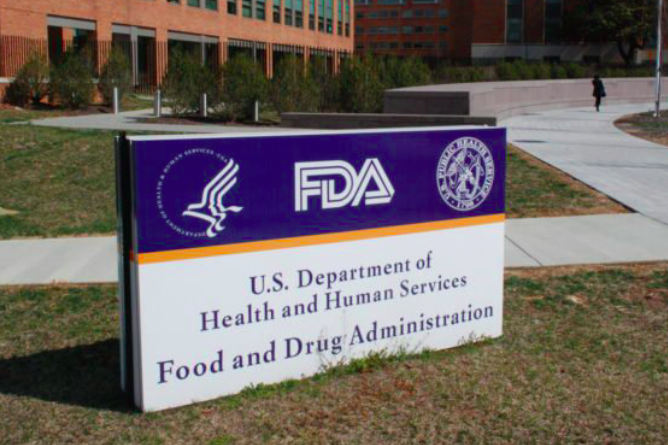
May 27, 2021
 Source/FDA
Source/FDA
Sotrovimab's authorization was based on a study of 583 volunteers who had recently started experiencing COVID-19 symptoms in the last 5 days. The study participants treated with the drug had an 85% reduction in their risk of hospitalization or death compared with those who received a placebo treatment.
Another monoclonal antibody treatment has received emergency authorization from the U.S. Food and Drug Administration to treat COVID-19 patients at high risk for severe disease and hospitalization.
Monoclonal antibodies are laboratory-made proteins that duplicate the immune system’s ability to fight off viruses.
This new drug, sotrovimab, was developed by GlaxoSmithKline in conjunction with Vir Biotechnology Inc. Studies have shown that not only is it effective against the coronavirus variant causing so much devastation in India, it is also effective against the variants first identified in Britain, South Africa, Brazil, California and New York.
"With the authorization of this monoclonal antibody treatment, we are providing another option to help keep high-risk patients with COVID-19 out of the hospital," Dr. Patrizia Cavazzoni, director of the FDA's Center for Drug Evaluation and Research, said in a statement.
"It is important to expand the arsenal of monoclonal antibody therapies that are expected to retain activity against the circulating variants of COVID-19 in the United States."
Antibody treatments from Eli Lilly and Regeneron have already been approved, but the Eli Lilly antibody cocktail has been found to have reduced effectiveness against the South African and Brazilian variants.
This newest antibody treatment is a single drug instead of an antibody cocktail. Its authorization was based on a study of 583 volunteers who had recently started experiencing COVID-19 symptoms in the last 5 days. The study participants treated with sotrovimab had an 85% reduction in their risk of hospitalization or death compared with those who received a placebo treatment.
So far, the antibody cocktails from Eli Lilly and Regeneron haven't been utilized as much as initially expected during the pandemic. The logistics of administering the treatment, and lack of knowledge and confidence in the antibody cocktails, has been part of the problem, according to U.S. News & World Report.
Sotrovimab is continuing to be studied in ongoing clinical trials. An analysis of safety and efficacy data at day 29 for the full population from the COMET-ICE trial is expected in the first half of 2021.